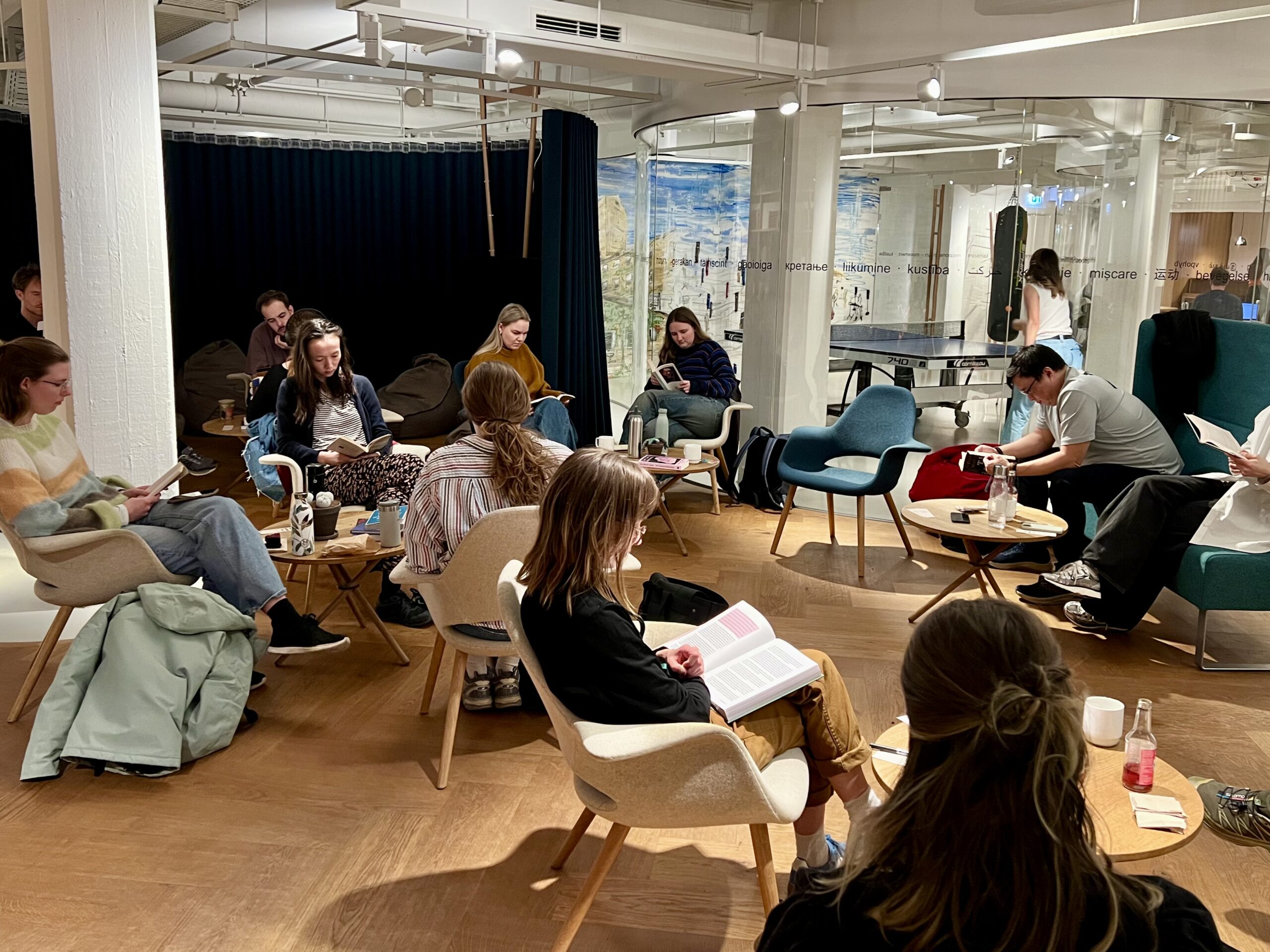Councils in Jutland and on the islands of Funen and Bornholm are threatening to opt out of Rejsekort, the new electronic ticket system for public transport, because they say it is too expensive to implement.
“We think it’s a good idea, but the way it’s been rolled out is really awful and it’s way too expensive,” Kasper Fuhr Kristensen, the chairman of Randers Council’s technical and environmental department, told public broadcaster DR.
It was not the first time that Rejsekort came up for criticism. The project to rollout a convenient national commuter ticket system has been plagued by budget overruns, technical problems and missed deadlines since its inception in 2006.
Now transport planners in Randers estimate that Rejsekort will raise their operational costs by an extra two million kroner per year, not counting the outlays for setting it up. Adopting Rejsekort and keeping a balanced budget, would force the councils to raise ticket prices or eliminate a few bus routes, city planners said.
Regional transport authorities on Fyn and Bornholm are also hesitating to adopt the new system, reports Jyllands-Posten newspaper. And Aarhus Council, which has already implemented Rejsekort, is considering dropping it, according to DR.
But according to Bjørn Wahlsten, the president of Rejsekort, the councils that are wavering over the new system do not fully grasp its benefits.
“More than three million trips have already been made using Rejsekort and there are over 100,000 cards out there. The response from customers has been really positive. And 12 percent of customers say they’re taking more trips because of Rejsekort,” Wahlsten told Ritzau news service.
Randers and Aarhus councils “are not looking at the advantages,” Wahlsten continued. “They haven’t calculated on the extra riders that Rejsekort brings in.”
But neither Wahlsten nor the transport minister, Henrik Dam Kristensen (Socialdemokraterne), want to force the councils into accepting Rejsekort.
“In the places that don’t have Rejsekort, residents will miss out on easier transport,” Kristensen told Ritzau, adding “but itÂ’s optional for the transport authorities. IÂ’m not going to force anybody to take it.”
Traffic and transport researcher Alex Landex from the Technical University of Denmark predicted that Rejsekort would eventually be adopted across Denmark, but that disagreements would delay the full rollout.
“It will just take longer before passengers can use Rejsekort everywhere, and there will be a period when there will be different systems all over, and it will be more complicated for passengers,” Landex told DR.















